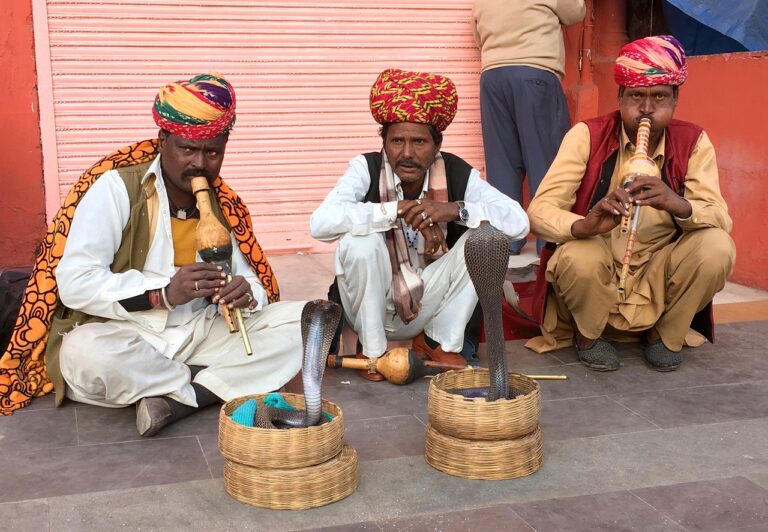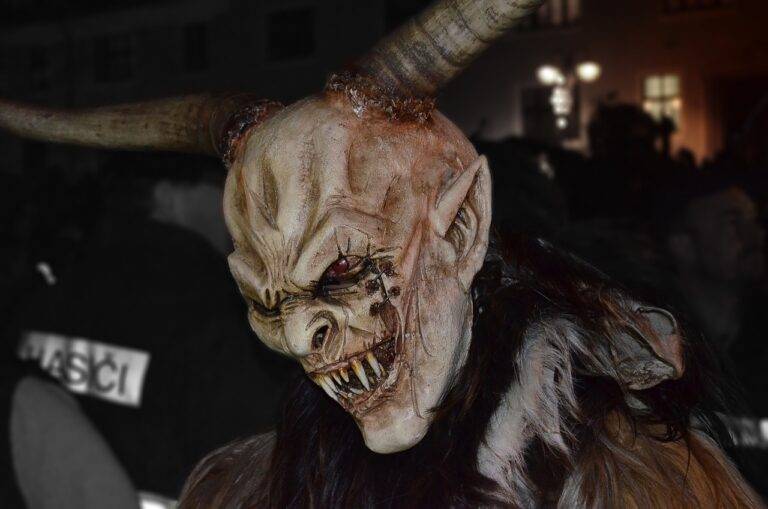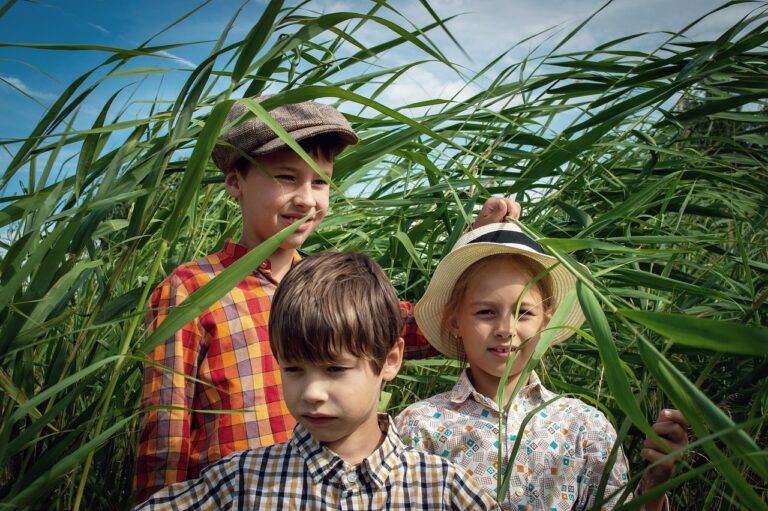The Influence of Cultural Stereotypes in Film and Television
Cultural stereotypes in film and television have a lengthy history, with roots that stretch back decades. These stereotypes frequently originate from historical biases, misunderstandings, or oversimplified portrayals of different cultures. The portrayal of certain groups in stereotypical ways can often be traced back to the dominant cultural perspectives prevalent during the time of production.
In many cases, the creators of films and television shows may not have malicious intent when incorporating cultural stereotypes. Instead, these portrayals can arise from a lack of representation and diversity behind the scenes. Without input from individuals belonging to the cultures being depicted, stereotypes can easily become perpetuated through media. Consequently, it is essential for creators to engage with diverse voices and perspectives to ensure that cultural representations are more accurate and nuanced.
The Impact of Cultural Stereotypes on Society
Cultural stereotypes in film and television play a significant role in shaping societal perceptions. When certain cultures are consistently portrayed in a stereotypical manner, it can lead to the perpetuation of harmful biases and misconceptions. This, in turn, can have a negative impact on how individuals from these cultures are perceived and treated in real life.
Society often internalizes these cultural stereotypes, which can lead to discrimination and prejudice against certain groups. This can result in marginalization, limited opportunities, and unequal treatment for individuals who identify with the targeted cultures. Ultimately, the perpetuation of cultural stereotypes in media can contribute to a divisive and prejudiced social fabric, hindering efforts towards inclusivity and understanding among diverse communities.





